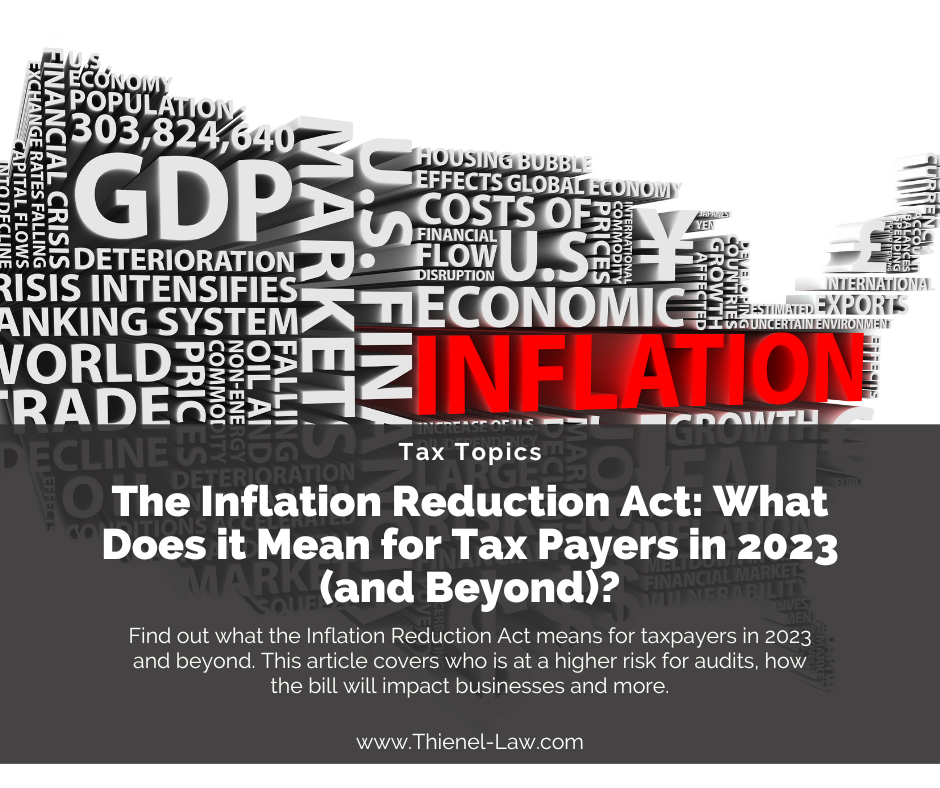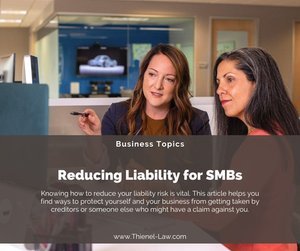Understanding Employee Retention Credits Under the Cares Act
The purpose of the Employee Retention Credit of the CARES Act is to give employers financial incentives to keep their workers on the payroll during the COVID-19 pandemic. To help you understand Employee Retention Credits under the CARES Act, we will first discuss the CARES Act's initial legislation and then explain how later legislation modified and extended employee retention credits.
These three government laws involve strict requirements. If an employer does not follow the regulations precisely, they might lose the credits – and a lot of money. A Maryland tax attorney can provide guidance that can help you comply with the current tax laws, including the CARES Act and subsequent laws.
How Employee Retention Credits Work Under the CARES Act
The Internal Revenue Service (IRS) says employers could receive a refundable tax credit of up to 50 percent of wages paid to employees, as long as:
The employer must meet the eligibility requirements of the CARES Act.
The employer's business must have been financially affected by COVID-19.
The credit cannot exceed $10,000.
This general information raises several questions for employers.
Which Employers Can Claim the Employee Retention Credit of the CARES Act?
The number of employees in the company does not affect eligibility for the Employee Retention Credit under the CARES Act. Organizations claiming the tax credit must be companies that did business during the calendar year 2020, and either tax-exempt or private-sector entities, and meet at least one of these factors:
The organization had a substantial decrease in gross receipts during 2020, or
The entity had to fully or partly suspend its business operations during 2020 because of government restrictions due to COVID-19.
Federal, state, and local government entities are not eligible to claim the Employee Retention Credit of the CARES Act. As long as it meets the eligibility guidelines, tribal governments and tribal entities can claim the Employee Retention Credit.
Self-employed people cannot claim the tax credit with regard to their own earnings. However, a self-employed person can qualify for the Employee Retention Credit who has employees and meets the eligibility criteria. In that situation, the self-employed individual can exercise the tax credit for its employees' wages, but not the self-employed person's earnings.
How Later Legislation Affected the CARES Act
Congress enacted two pieces of legislation that changed the CARES Act.
Congress passed the Taxpayer Certainty and Disaster Relief Act of 2020 (Relief Act) on December 27, 2020. The Relief Act amended the CARES Act. It extended both the availability of some advance payments of tax credits and the employee retention credits for the first and second calendar quarters of 2021.
The federal government enacted the American Rescue Plan Act of 2021 (ARP Act) on March 11, 2021. This legislation extended employee retention credits for the third and fourth calendar quarters of 2021 and changed the tax credits.
In summary, for someone to claim employee retention credits under the CARES Act, Relief Act, or ARP Act, the business entity must be a qualified employer, the employee wages must be eligible, and the company must meet all the required factors. A Maryland tax attorney can talk to you and evaluate whether you qualify for the benefits of these laws. Talk to Steve today.




